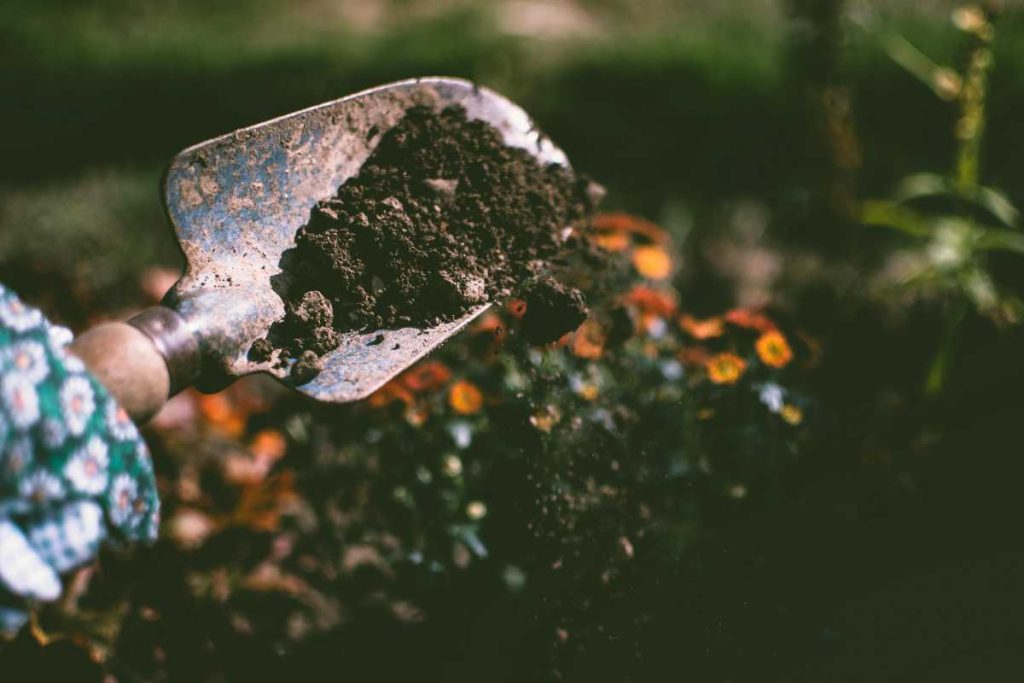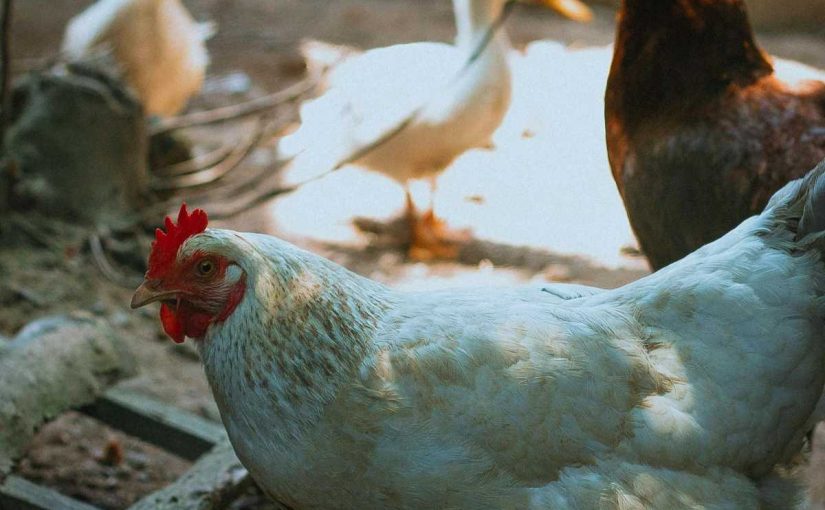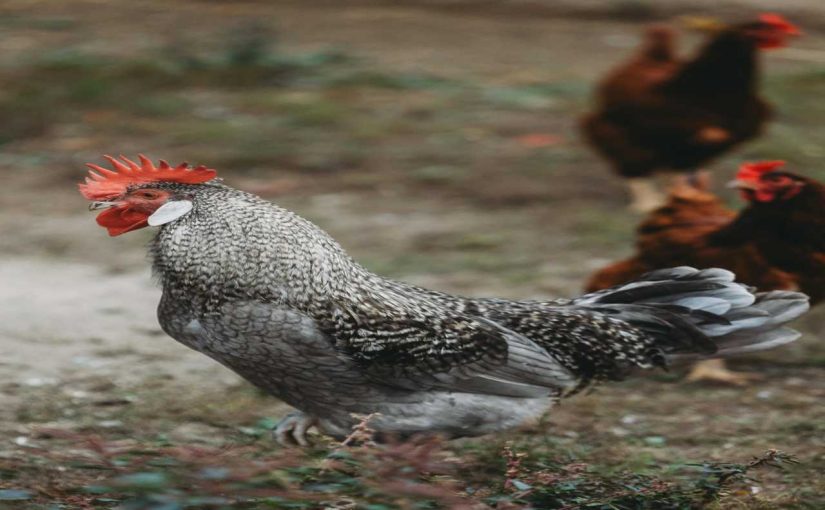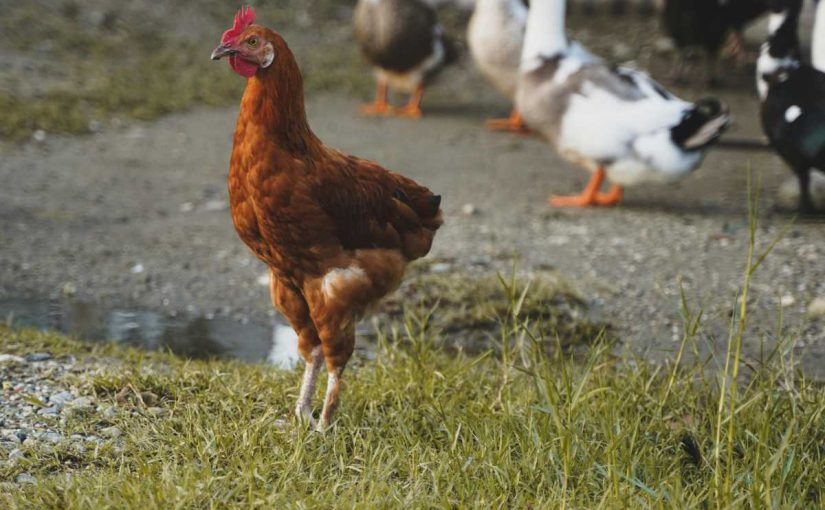Raising chickens comes with numerous rewards, from fresh eggs to pest control, but it also generates a significant amount of manure. While chicken manure can be a potential nuisance, it’s also a valuable resource for your garden when managed correctly. Proper handling and composting of chicken manure can provide nutrient-rich fertilizer that can enhance soil health and promote robust plant growth. In this blog, we will explore effective methods for managing chicken manure, focusing on composting and fertilizing tips to maximize its benefits.
Understanding Chicken Manure
Before diving into management strategies, it’s essential to understand what makes chicken manure so valuable.
Nutritional Benefits
Chicken manure is rich in nutrients, including nitrogen, phosphorus, and potassium—key elements for plant growth. It typically has a nitrogen content of about 1.5 to 2.5%, phosphorus around 0.8 to 1.5%, and potassium approximately 0.5 to 1%. This nutrient density makes it an excellent organic fertilizer.
Caution: Raw Manure Considerations
While chicken manure is beneficial, it is also “hot,” meaning it contains high levels of nitrogen that can harm plants if applied directly. Additionally, it may contain pathogens or parasites that could pose risks to both plants and humans. Proper management and composting are vital to mitigate these risks.
Composting Chicken Manure
Composting is an effective way to manage chicken manure, transforming it into a safe, nutrient-rich fertilizer for your garden. Here’s a step-by-step guide on how to compost chicken manure:
1. Gather Materials
To start composting chicken manure, you’ll need:
- Chicken manure (fresh or aged)
- Carbon-rich materials (browns) such as straw, wood shavings, dried leaves, or shredded paper
- Nitrogen-rich materials (greens) such as kitchen scraps, grass clippings, or garden waste
- Water
- Compost bin or pile
2. Choose a Composting Method
You can choose between several composting methods, including:
- Hot Composting: This method involves mixing equal parts of greens and browns to create a hot compost pile that heats up quickly. The high temperatures help kill pathogens and weed seeds.
- Cold Composting: This slower method involves layering materials without turning the pile regularly. It takes longer for the compost to mature but requires less maintenance.
- Bokashi Composting: This method uses anaerobic fermentation to break down waste. It’s ideal for small spaces and allows you to compost meat and dairy, which are not suitable for traditional composting.
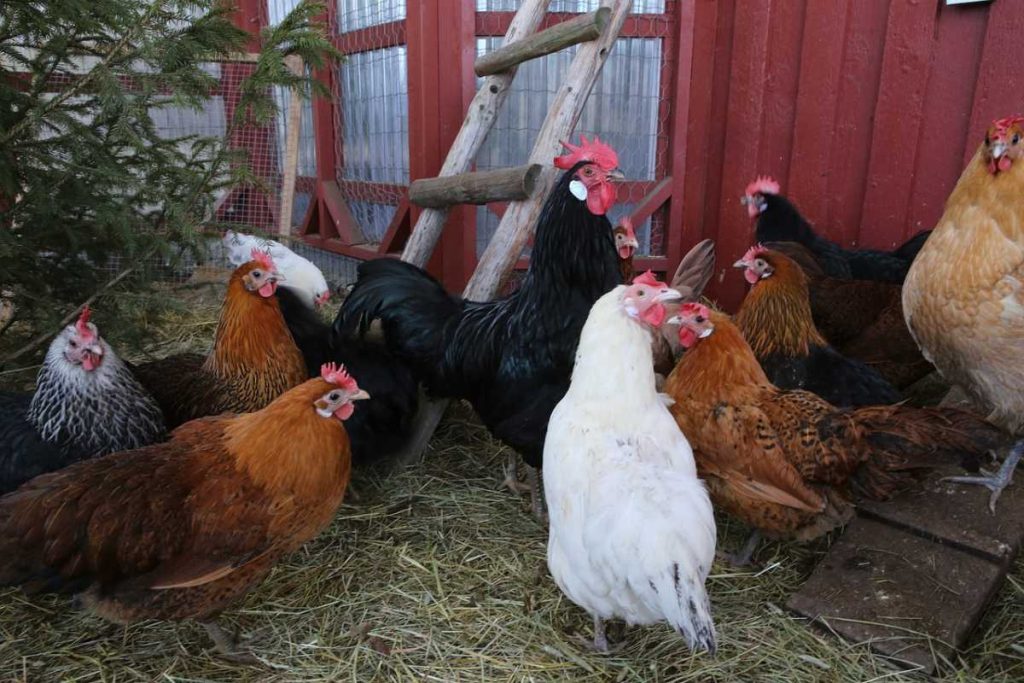
3. Layering Your Compost Pile
For effective composting, layer your materials as follows:
- Bottom Layer: Start with coarse materials (e.g., straw or wood chips) to promote airflow and drainage.
- Middle Layers: Add a mixture of chicken manure and carbon-rich materials. Aim for a 3:1 ratio of browns to greens.
- Top Layer: Finish with a layer of browns to help reduce odors and keep pests away.
4. Moisture Management
Keep your compost pile moist but not soggy. Aim for a moisture level similar to a wrung-out sponge. If your pile is too dry, add water. If it’s too wet, add more carbon materials.
5. Turn the Pile
For hot composting, turn the pile every 1-2 weeks to aerate it and speed up decomposition. This helps maintain high temperatures and breaks down materials more quickly.
6. Monitor Temperature
Use a compost thermometer to monitor the internal temperature of the pile. The ideal temperature range for hot composting is between 130°F to 160°F (54°C to 71°C). If the temperature drops, turn the pile to reintroduce oxygen and stimulate activity.
7. Mature the Compost
After about 6-8 weeks of active composting, the materials should break down into dark, crumbly compost. Allow the compost to mature for an additional 4-6 weeks to ensure it is fully processed and safe to use.
Using Chicken Manure as Fertilizer
Once you’ve composted the chicken manure, it’s time to apply it to your garden. Here are some tips for using chicken manure fertilizer effectively:
1. Application Timing
- Fall Application: Applying composted chicken manure in the fall allows nutrients to leach into the soil over the winter, benefiting plants in the spring.
- Spring Application: If you prefer to apply it in spring, do so a few weeks before planting to give it time to integrate into the soil.
2. Application Methods
- Top Dressing: Spread a layer of composted chicken manure on the soil surface around your plants. This method helps improve soil structure and provides nutrients as it breaks down.
- Incorporation: Mix composted chicken manure into the soil before planting to ensure nutrients are evenly distributed.
- Tea Fertilizer: Create a nutrient-rich tea by soaking composted chicken manure in water for a few days, then use the liquid to water your plants.
3. Dosage
A general rule of thumb is to apply 1 to 2 inches of composted chicken manure per square foot of garden space. However, it’s essential to consider the specific needs of your plants and perform a soil test if necessary.
4. Crop Considerations
Some crops, such as leafy greens and tomatoes, thrive on the nutrient-rich benefits of chicken manure. However, avoid applying fresh manure to root vegetables or fruiting crops close to harvest, as this can lead to nutrient imbalances.
Additional Tips for Managing Chicken Manure
- Keep the Coop Clean: Regularly clean the chicken coop and remove excess manure to prevent odors and flies. Compost the waste to create fertilizer.
- Consider Bedding Materials: Use carbon-rich bedding materials, such as straw or wood shavings, to help absorb moisture and control odors in the coop.
- Avoid Over-Application: Too much chicken manure can lead to nutrient runoff and environmental pollution. Apply the compost judiciously based on your soil’s nutrient needs.
- Pest Control: Use composted chicken manure to deter pests in your garden, as the beneficial microbes in compost can help suppress certain soil-borne diseases.
Conclusion
Managing chicken manure through composting and proper fertilization techniques can transform what might seem like waste into a valuable resource for your garden. By following the tips outlined in this blog, you can create nutrient-rich compost that enhances soil health, promotes plant growth, and contributes to sustainable gardening practices. With a little effort and creativity, you can turn chicken manure into a boon for your garden, ensuring both your chickens and plants thrive. Happy gardening!

